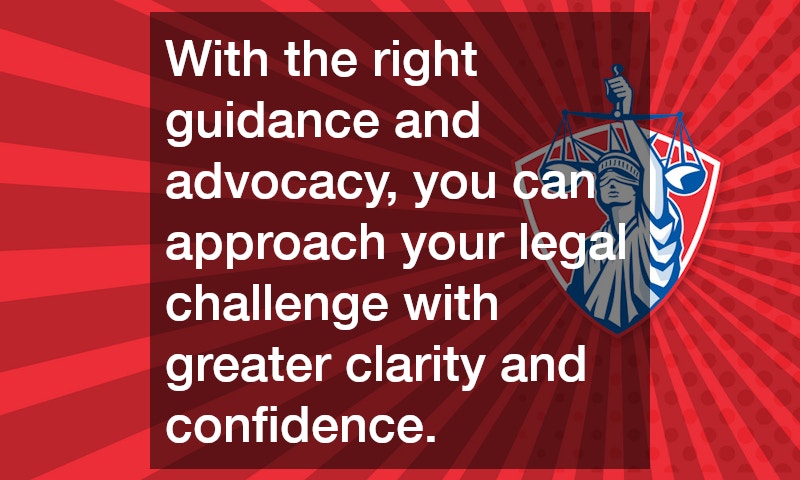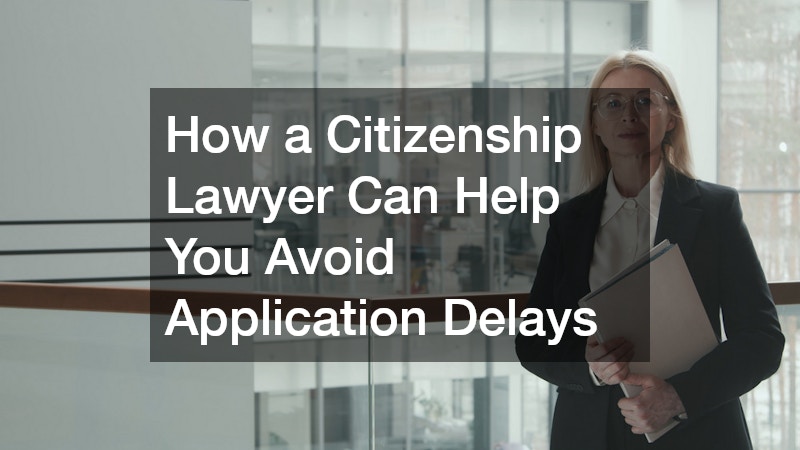Facing an assault charge can be a highly distressing experience, often accompanied by uncertainty, anxiety and a pressing need for expert legal representation. Whether you are dealing with a minor altercation or a more serious criminal allegation, selecting the right assault lawyer can have a significant impact on the outcome of your case. With so much at stake, it is vital to choose a legal professional who possesses the right blend of knowledge, skill and personal qualities to advocate effectively on your behalf.
Here are five key qualities you should prioritise when seeking an assault lawyer.
1. Specialised Experience in Criminal Law
One of the most critical factors in selecting the right legal representation is the lawyer’s level of experience, particularly within the realm of criminal law. While many solicitors may offer general legal services, not all are equipped to handle the complexities of an assault case. An assault lawyer who has dedicated their practice to criminal defence is far more likely to understand the nuances of evidence, police procedures and legal precedent relevant to your situation.
Experienced criminal lawyers are adept at identifying weaknesses in the prosecution’s case, negotiating favourable outcomes and formulating robust defence strategies. Their familiarity with the courtroom environment, including local magistrates and prosecutors, can also be a strategic advantage. Simply put, an experienced assault lawyer brings not only legal knowledge but practical courtroom insight that can influence the trajectory of your case.
2. Strong Communication & Interpersonal Skills
Legal expertise alone is not enough—clear, compassionate communication is equally important. The process of facing an assault charge is often intimidating and you need a lawyer who can explain complex legal concepts in terms you can understand. A skilled assault lawyer will take the time to walk you through each stage of the legal process, ensuring you are informed and prepared every step of the way.
Effective communication also extends to negotiation and courtroom advocacy. A lawyer with strong verbal and written communication skills can argue your case persuasively, respond confidently under pressure and articulate key legal arguments with precision. Moreover, their interpersonal skills can foster trust and open dialogue between lawyer and client, allowing for better collaboration and a stronger legal strategy.
3. Proven Track Record of Success
Another vital quality to consider is the lawyer’s track record in handling similar cases. While no ethical solicitor can promise a specific outcome, a history of successful defence in assault matters is a strong indicator of competence. Look for a legal professional who has achieved positive outcomes for clients through dismissals, reduced charges or acquittals.
Client testimonials, peer reviews and case studies can offer valuable insights into a lawyer’s reputation and performance. A well-regarded assault lawyer will often be recognised within the legal community and may have received professional accolades for their work. When a lawyer consistently delivers results, it speaks volumes about their ability to develop effective defence strategies and advocate convincingly in court.
4. Strategic Thinking & Analytical Ability
An effective defence often depends on a lawyer’s ability to think critically, analyse evidence and anticipate the prosecution’s moves. Assault cases can involve complex fact patterns, varying degrees of physical evidence and conflicting witness accounts. A lawyer must be able to dissect these elements, identify inconsistencies and determine the best approach for defending the case.
Strategic thinking goes beyond reacting to the prosecution’s actions—it involves proactively shaping the narrative, challenging procedural missteps and seeking pre-trial resolutions when advantageous. The best assault lawyers are those who can visualise the entire case from multiple angles, allowing them to develop creative and tailored solutions that maximise the client’s chances of success.
5. Dedication & Personal Commitment
Finally, the personal investment a lawyer brings to your case should not be overlooked. Facing an assault charge is a highly personal matter and your legal representative should treat it with the seriousness it deserves. A dedicated assault lawyer will approach your situation with genuine concern, taking the time to understand your background, goals and the broader implications of the charge.
This level of commitment is reflected in their availability, responsiveness and willingness to go the extra mile. You want someone who will advocate fiercely for your rights, not just in the courtroom but throughout the entire legal process. Dedication also means staying up to date with changes in the law, continuing professional development and ensuring that the client receives the most current and effective legal representation possible.
Choosing the Right Assault Lawyer Makes All the Difference
When it comes to criminal charges, your choice of legal representation can be one of the most consequential decisions you make. The right assault lawyer will combine expertise, communication skills, proven success, strategic thinking and unwavering dedication to provide a comprehensive and effective defence. By prioritising these key qualities, you increase your chances of navigating the legal system successfully and securing the best possible outcome for your case.
It is important to consult with a legal professional as early as possible when facing an assault charge. Early intervention can allow your assault lawyer to preserve critical evidence, provide sound advice during police interviews and begin crafting a defence strategy before charges progress. With the right guidance and advocacy, you can approach your legal challenge with greater clarity and confidence.
.




